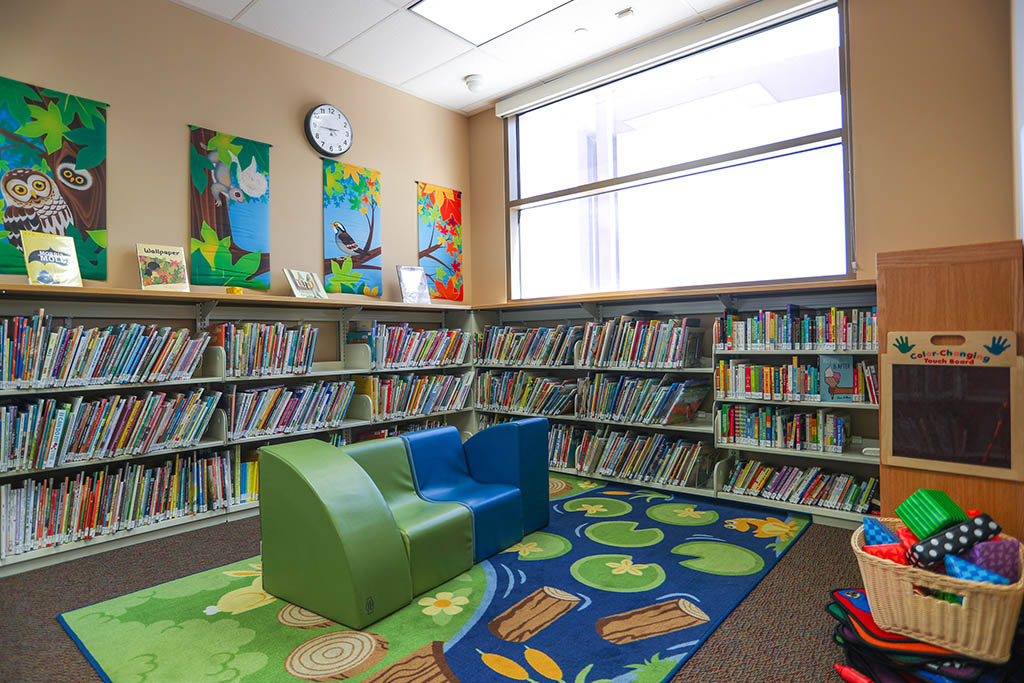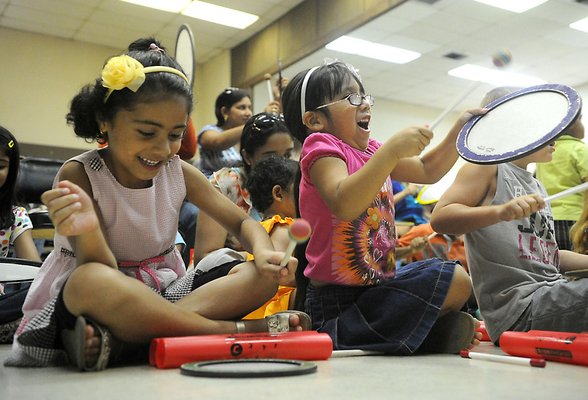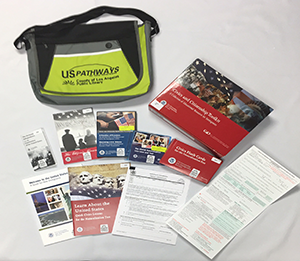Leaving Tijuana
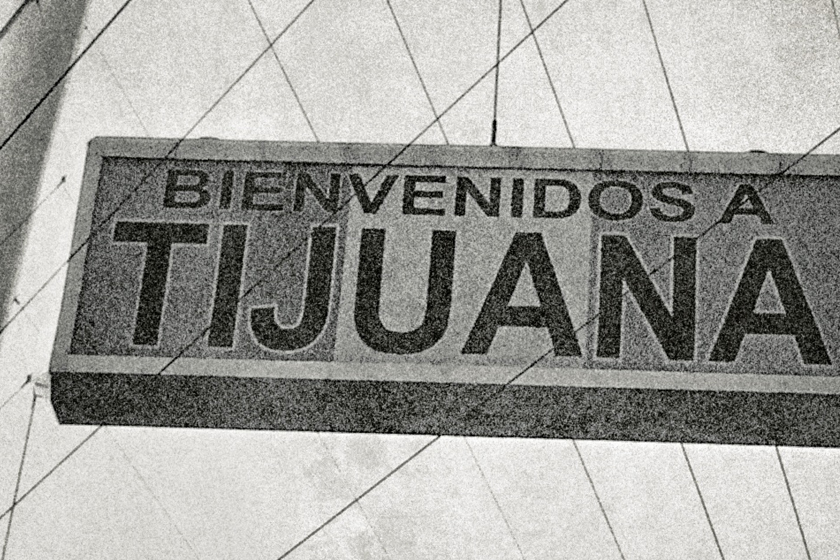
It was around 6:30 a.m. when I heard a knock on my window. It was Ernesto.
“They took Ulises.”
He had a look that woke me instantly.
Ulises and I met seven years ago. I was a senior and he was a sophomore at Garfield High School. We shared the same immediate group of friends. Eventually, we forged a brotherhood that made us inseparable.
I met Ernesto outside my apartment and went to Ulises’. We found the house door unlocked. There were half-filled plates on the table and the sink overflowed with soapy water. The burners beneath the comal glowed red, like embers from a waning fire. The door led to the kitchen, where we heard a clicking sound. It was a pot. Although the flame was off, the vapor inside struggled to pry the lid open, like a mouth of steel snapping at us.
We went back to my house and called the rest of the guys.
“They deported Ulises.”
A week went by. Then, one day a phone call.
“Diego. It’s Ulises.”
“Ulises! How are you? Great to hear from you.”
“Same here. Sorry I didn’t call you right away.” He sighed heavily.
“What happened?”
“It’s all a blur. At daybreak, men rushed into my room, guns drawn, in search of a criminal. They searched my room and told me to get dressed. Moments later, I was escorted into a white van by agents armed with automatic weapons. No questions asked.”
I asked how his family was.
“In shock. We lived in our house for over twenty years and never had a problem. We feel lost.”
“How are you?” I asked.
“Blindsided. I don’t recognize anything. I wake up believing I’m home, in East L.A. I may not have been born in the United States, but I was raised there from the age of three. It’s my home.”
Neither of us said a word. Ulises’ breathing was the only thing I could hear.
“We’re going to try to cross again this week,” he said.
We communicated daily after that. Having failed to cross twice, his family was going to attempt to cross a third time, he said on one phone call.
After a deep sigh, he continued.
“I wanted to ask if you guys could pick me up? I can cross back with you.”
I thought about it. Maybe, when crossing the border, a couple of us could pretend to have lost our I.D in our drunken stupor?
“Let me talk to everyone and we’ll go from there. That cool?” I said.
Days later, the guys and I gathered at our friend Salvador’s to discuss what we could do for Ulises.
“What would happen if we were caught?”
“I don’t know.”
Luis suggested he could lend his I.D. and birth certificate to Ulises. They looked nothing alike, but we had no choice.
Ulises called the next day.
“We’re coming to get you,” I said.
“What? Serious? Thank you for doing this for me. We can do this, Diego. Meet me inside the McDonald’s near the border. You won’t miss it.”
***
We met at Luis’ house around 8 PM the next night. We took two cars and headed south on Interstate 5. I rode shotgun in Luis’ car with my brother, Justin, and Oscar in the back seats. Alex drove Ulises’ blue 87’ Ford Explorer. He took Salvador, Gabriel, Marcos, and Ernesto.
“How are you guys feeling?” I asked.
“Nervous.”
“You guys are going to be okay, manito,” Oscar reassured me.
I called Marcos, who was in the other car.
“How you feeling?”
“Good. Excited. It never occurred to me, but it’s the first time we leave the country as a group.”
“Let’s go over what we are going to say once we reach the border one more time.”
“Tell him to relax,” I heard Alex say. “We know what to do. You don’t have to keep lecturing.”
We stopped at a mini-mall in San Ysidro. Blocks away, were parking lots for individuals who preferred to walk across the border. Oscar stayed with Luis. Luis handed me his birth certificate and his California I.D. I gave him a hug. He gave me his blessing.
“What are you guys going to do for four hours?” I asked.
“We’ll see.”
“Be careful.”
“Go bring him home.”
We crossed through a rotating door made of metal cylindrical bars surrounded by concrete walls lined with gleaming barbed wired.
Tijuana oozed of liquor, tacos, piss, McDonald’s fries, and burning trash.
We found Ulises within minutes. I greeted him last.
“Let’s find a bar and have some drinks.”
We walked over to Avenida Revolución. After walking past a few nightclubs, we went up a flight of stairs and into a crowded bar. We sat at a table near the balcony overlooking the avenue. A short man with a face like red leather walked up carrying a bottle of Cazadores tequila. He wore a tejana and blew a whistle that hung around his neck. He approached our dimly lit table and slowly began to tilt Marcos’ head back. With his whistle, he kept time as he poured Marcos a mouthful of tequila.
Our table roared. When he was done pouring the shot, he shook his head and blew his whistle. As the man finished pouring shots of tequila, we asked for the bill.
The mysterious man walked away, an arm around his bottle, blowing his whistle to the rhythm of Pitbull’s “I Know You Want Me,” which was playing for the third time that night.
I sat next to Ulises.
“You okay?”
He gave me a weak smile.
“I’m in disbelief. I went from working eight hours a day, to having nothing. Instantly. No money. No clothes. Nothing. Luckily, we managed to contact relatives who lived in Tijuana. Mind blowing how one minute you are immersed in the comforts of your own home and next thing you know, you find yourself wandering the streets of an unknown city. The reality of my situation is difficult to accept.
“I look out my window and expect to see the downtown L.A. skyline. Instead, I see hills littered with homes made of tin and aluminum.”
We continued to talk and drink.
An hour later, we gave a toast and made our way out back onto la Revolución.
“One more drink somewhere?” I suggested. But from the looks on everyone’s faces, we were ready to go. We took taxis to the border and found ourselves in front of a billboard that read:
“Welcome to Tijuana: A Well Behaved Tourist Is a Welcomed Tourist.”
We walked toward the glass doors. Inside the crossing zone, we were suddenly alone. We expected a room full of people crossing too, but the corridor was empty.
“Go immediately after me,” I told Ulises. “And put this on.”
I gave him a black shirt with the image of President Obama on the front. Beneath Obama’s face was the word “HOPE.”
We were met by a row of solitary cubicles. Border patrol guards beckoned us to approach them. I walked toward the nearest guard with Ulises and Mario close behind. He was an elderly man whose wrinkled face resembled a Chinese Shar Pei. The creases on his uniform shirt were impeccable. He glared at me as I handed him my California I.D.
“And what was the purpose of your visit to Mexico?”
“Pleasure. We came to eat and drink, sir.”
“Here you go,” he said, handing me my passport. I expected Ulises to follow, but Salvador went next.
“You look young. How old are you?”
“Seventeen, sir.”
Salvador handed him his passport.
“What school do you go to?” the agent asked.
“Schurr High School, sir. In Montebello.”
The agent stared at Salvador, holding his school I.D. between his index and middle fingers.
“SURE you do,” he chuckled and allowed Salvador to pass.
I saw Ulises lay Luis’ California I.D. on the counter.
“Go ahead,” the old guard said, and with that Ulises crossed back into the United States.
While Alex delegated with the border patrol agent over not having brought what constituted proper identification, everyone’s eyes met, radiating like madmen.
But we suppressed it as we walked towards the mini-mall and found Luis and Oscar. Finally, we burst out laughing and jumping around. Marcos and I began to drum on the roof of Luis’s car.
“Let’s go home, you guys.”
The night was dark and cold. We got into our cars and pulled out onto the freeway, heading north.
“Where are you staying tonight?” I asked Ulises.
“Not sure.”
“You can stay at my place,” offered Luis.
“Thanks.”
“Stay as long as you like.”
“At least until my family comes back,” Ulises said.
Luis and Oscar began recounting what they did in San Ysidro. I turned and looked at Ulises. He was smiling, as he peered out the back window. Then I saw his smile slowly fade, along with Tijuana in the rear view mirror.
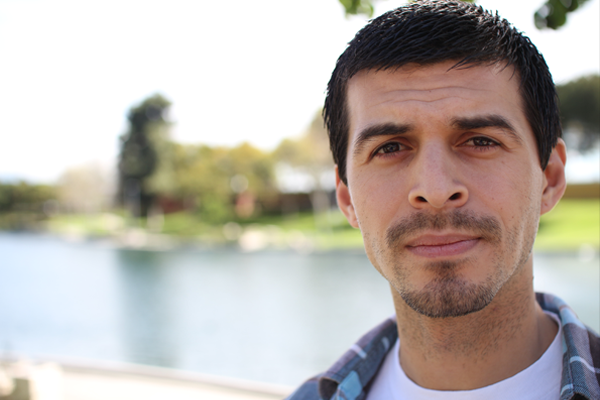
December 1, 2014








